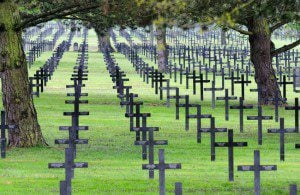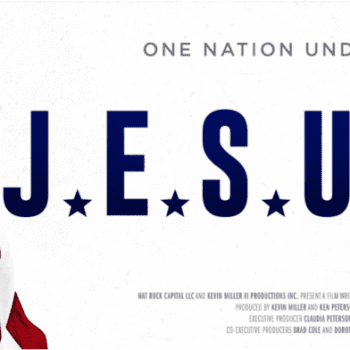
On July 29, 1914 the first shots of the Great War were fired from gunboats on the Danube River. Austro-Hungarian artillery shelled Serbia from the river and the war that was supposed to be over in weeks or months lasted four and a half years, nearly wiping out a generation of young men from across Europe. Wikipedia’s WWI entry reports that “The total number of military and civilian casualties in World War I was over 37 million. There were over 16 million deaths and 20 million wounded ranking it among the deadliest conflicts in human history.” But these are just estimates. The total number of combatants blown to bits or buried in hastily dug graves can only be guessed at.
What led to such wholesale slaughter? Volumes have been written on the political and social upheaval that occurred as the Ottoman and Austro-Hungarian Empires faced their death throes, but the most eloquent explanation comes from the battlefield itself. The soldier poet Wilfred Owen, killed in WW I at the age of 25, witnessed heroic actions and died heroically himself. But in the poem, “Parable of the Old Man and the Young” Owen warns against romanticizing battlefield deaths. He insists instead that we see the soldier not as a hero but as a victim sacrificed on the altar of pride. Comparing the deaths of the sons of Europe to the biblical story of the near sacrifice of Isaac, the son of Abram*, he says that Europe is doing what Abram would not do – kill his child.
Parable of the Old Man and the Young
So Abram rose, and clave the wood, and went,
And took the fire with him, and a knife.
And as they sojourned both of them together,
Isaac the first-born spake and said, My Father,
Behold the preparations, fire and iron,
But where the lamb for this burnt-offering?
Then Abram bound the youth with belts and straps,
and builded parapets and trenches there,
And stretchèd forth the knife to slay his son.
When lo! an angel called him out of heaven,
Saying, Lay not thy hand upon the lad,
Neither do anything to him. Behold,
A ram, caught in a thicket by its horns;
Offer the Ram of Pride instead of him.
But the old man would not so, but slew his son,
And half the seed of Europe, one by one.
In Owen’s retelling of Genesis 22, Europe does what Abram refused to do and “half the seed of Europe” is sacrificed, “one by one”. As Brian McLaren explains, Abram’s refusal was riskier and more difficult than we realize because in Abram’s time, to offer one’s son as a sacrifice to the gods was a religious/ patriotic duty. To refuse would be akin to draft evasion or desertion in Owen’s Europe. In his new book, We Make the Road by Walking, McLaren explains Abram’s predicament as he headed up the mountain with the accoutrement of sacrifice:
The sacrifice of children for the well-being and security of adults has a long history among human beings. For example, in the ancient Middle East there was a religion dedicated to an idol named Molech. Faithful adherents would sacrifice infants to Molech every year, a horrible display of twisted religiosity to appease their god’s wrath and earn his favor. In contrast, beginning with the story of Abraham and Isaac, we gradually discover that the true God doesn’t require appeasement at all. In fact, God exemplifies true, loving, mature parenthood… self-giving for the sake of one’s children, not sacrificing children for one’s own selfish interest.
At the recent Colloquium on Violence & Religion Conference in Germany, Simon de Keukelaere from the Pontifical Gregorian University, Rome called our attention to Owen’s poem and his belief that the fathers of Europe had failed to be heirs to Abram. Owen sees his predicament as identical to Isaac’s as both sons watch the preparations of their fathers for sacrifice. Abram’s refusal to believe that piety and duty required the death of his son was in direct contradiction to the prevailing beliefs of his family, his tribe, and the wider culture. Had Europe’s fathers been willing to “offer the Ram of Pride” instead of their sons, if they had found the courage to sacrifice their own ambitions, wounded egos, and national identities instead of the lives of their children, then like Abram they would have stayed their hand. Such self-sacrifice is what we might call a new heroism that is as old as Abram, a heroism that might have saved the life of Wilfred Owen and millions like him.
As McLaren explains, any war yet to come “will most likely resemble every war in the past. It will be planned by powerful older men in their comfortable offices, and it will be fought on the ground by people the age of their children and grandchildren.” Rather than demand that our children make the supreme sacrifice of their lives, might we yet find the courage, like the father of our faith, for the heroism of our own, lesser sacrifice of self-interest? McLaren frames the question this way: do we serve God when we sacrifice our children? On this anniversary of the onset of the Great War, I invite you join me for a conversation with Brian McLaren as we reimagine what it might mean to make a new road by following in the footsteps of Abram.
*Though by Genesis 22, Abram was known as Abraham, I chose to follow Wilfred Owen’s use of Abram in his poem.











